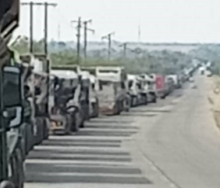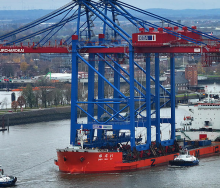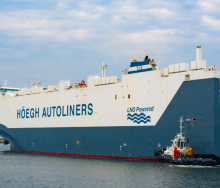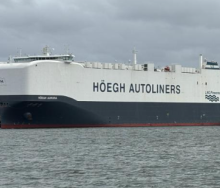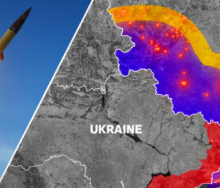Customs compliance across the continent will be one of the primary determining factors to secure the successful implementation of the African Continental Free Trade Area (AfCFTA), Devlyn Naidoo of the South African Association of Freight Forwarders (Saaff) has said.
Speaking on the last day of the “air cargo Africa 2023” conference in Johannesburg, the association’s executive for the South African Revenue Service (Sars) and Other Government Agencies, didn’t mince words about what it would take for the economic bloc, with a projected combined GDP of $2.5 trillion, to work.
He said it didn’t just boil down to compliance, but harmonisation.
“If we get this done we could have an effective AfCFTA,” Naidoo said.
It also involved country-to-country collaboration, he added.
“We need to connect Africa from a customs modernisation point of view.”
Unfortunately, it’s easier said than done.
Answering a question about customs disparities and resulting border backlogs, Naidoo said moves were afoot to address challenges impeding cross-border trade.
Describing it as “positive news”, he emphasised that Beyers Theron, acting chief officer of Customs & Excise at Sars, was actively involved in addressing long-standing private sector concerns.
“We have engaged with Sars about land modality and there are collaborative strategies that have been put in place to move things forward,” Naidoo said.
Industry may say though that they have heard it all before, that it’s not news that Sars and other stakeholder bodies are looking into customs harmonisation across the region.
Considering that South Africa is a leading participant in the Southern African Customs Union (Sacu), and how this should have created an edge in cross-border tax alignments, Naidoo said the organisation’s bragging rights as the oldest such union in the world didn’t mean much in reality.
He said although certain harmonisation attempts with countries like Swaziland worked quite well, not much had happened since.
He mentioned that the lasting customs disconnect between countries in the region and high levels of corruption continued to hamper harmonisation across the region.

